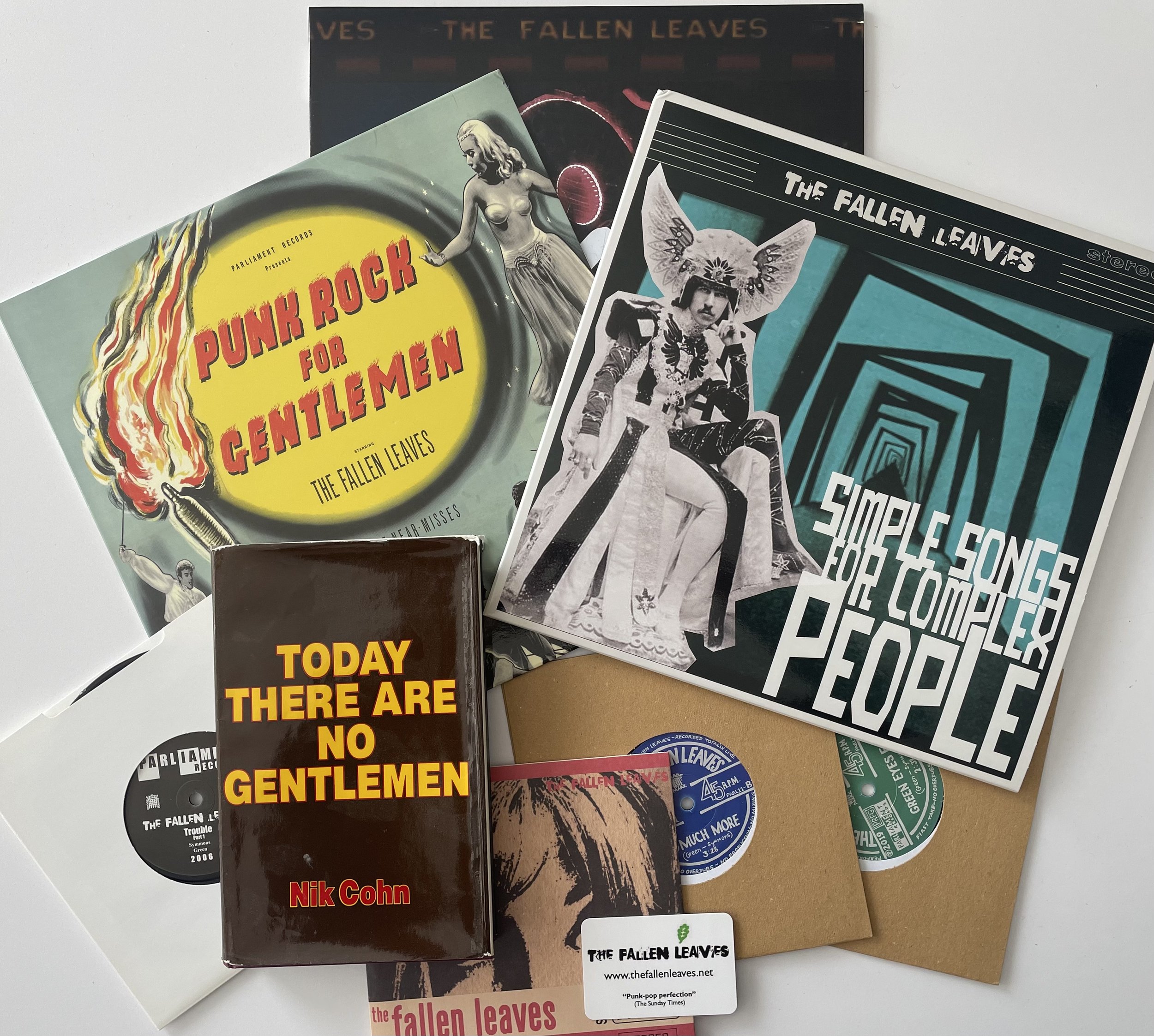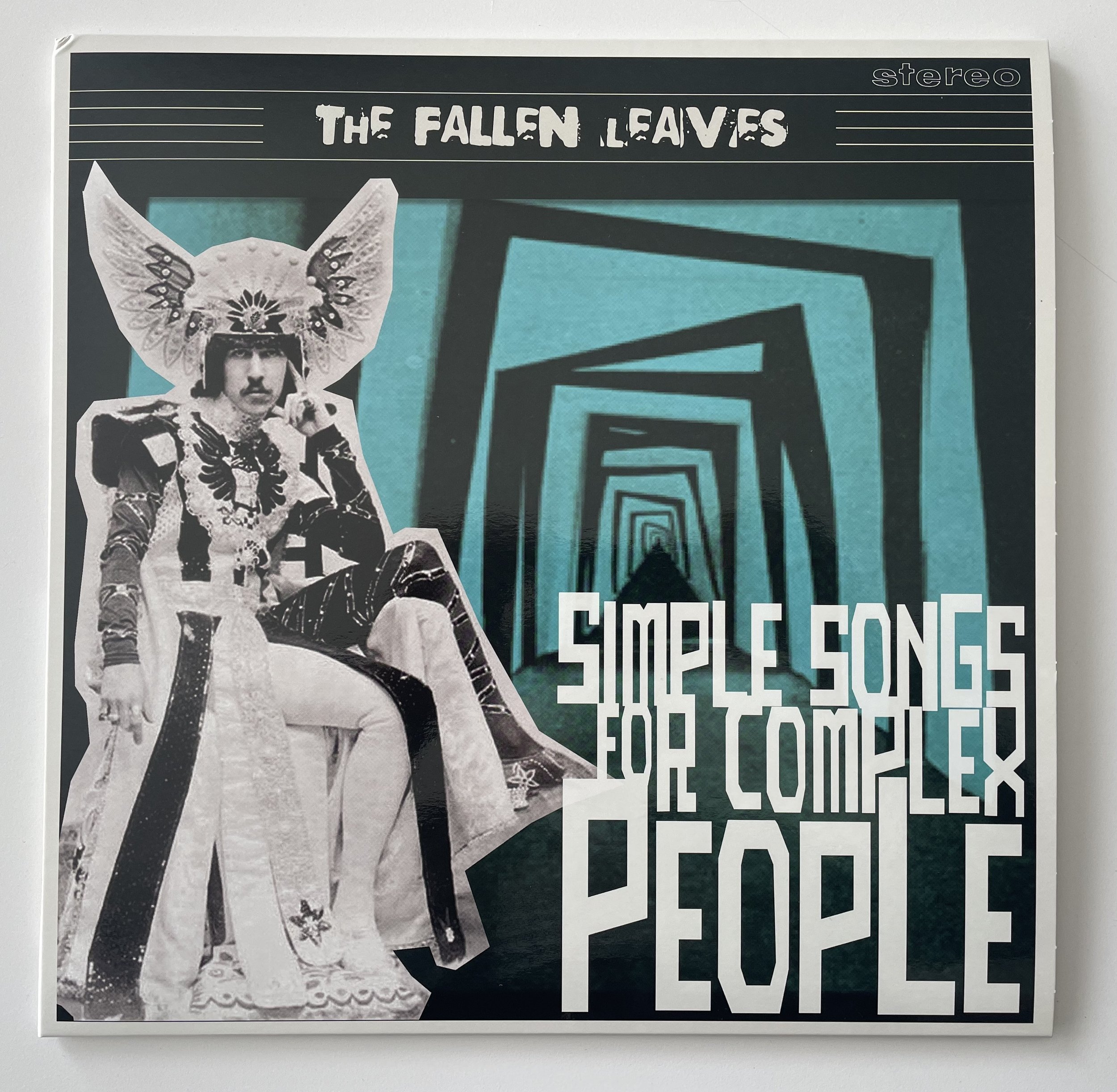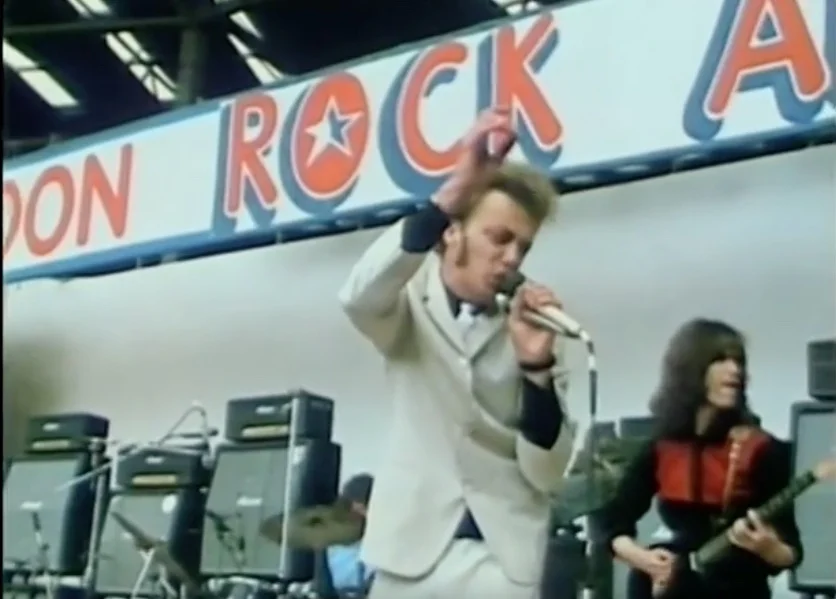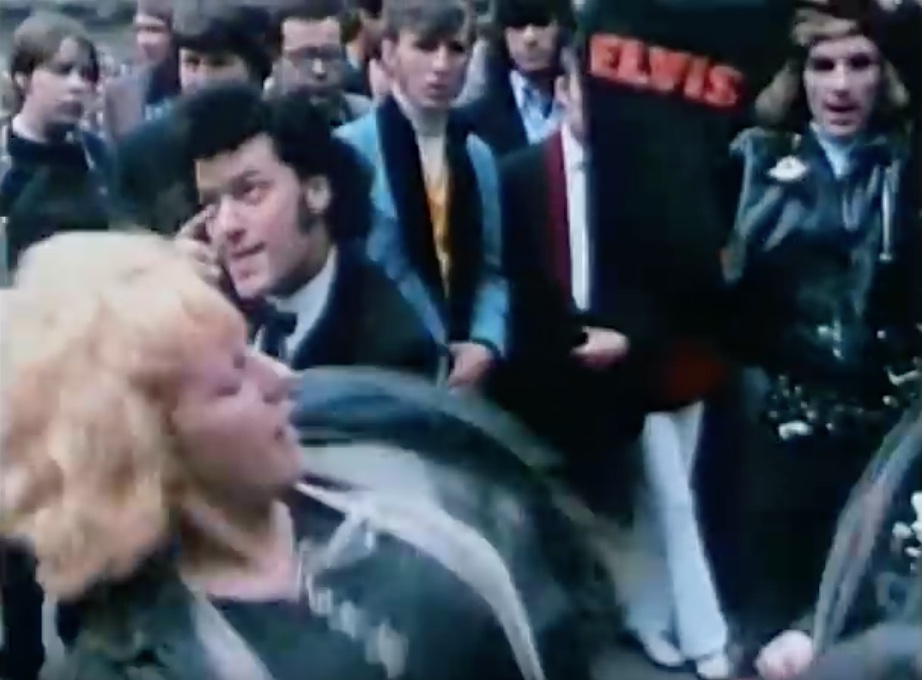Yellow Socks Are Out
As Eric Joy, the tailor, puts it: 'When I first started cutting, in the early fifties, my biggest seller was the single-breasted, button-three in grey or dark blue; ten years later, it was the same; today it's the same; in 1980, it'll still be the same.' . . .
With this, all the bleatings of revolution may begin to take on meaning. For the first time, male fashion won't be just the rich and the chic, sipping Campari sodas at the Arethusa; it will be dealing in millions.
On that basis, this book comes more into perspective. It isn't about a movement but about the roots of a movement; not about change but about the precursors of change. Simply, it's about a beginning.
Nik Cohn, Today There Are No Gentlemen (1971)
All the important bands have a manifesto, written or unwritten. These are the rules they live by and the laws that they wilfully break (for a sizable cash advance)
There is poetry in The Fallen Leaves manifesto
Simple Songs For Complex People.
Punk Rock For Gentlemen.
No Jeans. No t-shirts. No Cover-Versions.
The Fallen Leaves believe in the DIY Punk ethos.
Song, Sound and Performance are all.
Recordings are live, minimal overdubs.
As the self-proclaimed champions of the glorious underachievers The Fallen Leaves ask you to remember … Simple and easy are not the same thing.
That credo was once shared by Dr. Feelgood; obviously not the embargo on cover versions, but in all other aspects the two bands walk the same line. In 1976 on the Feelgoods first tour of the States, Wilko Johnson explained to an American critic his philosophy:
“we play straightforward . . . We think the simplicity of it IS it . . . If there is no feeling in it, there’s nothing at all.”
photo: Mick Gold
The Fallen Leaves don’t sound anything like the Feelgoods but they do sound like a good few of your other favourite bands. More importantly they apply Johnson’s ethos with verve and drama and they have in abundance what Nik Cohn loved in certain English bands, flash.
Their latest album is a true testament to that fact, it is the best album since forever (and I bet I’m still humming along with it next year and a good few more after that). Rev. Rob Green sings in a way that tugs at my most romantic inclinations, which is to say I believe him. Sir Robert Symmons plays guitar as if he’d sat a crash course taught by Sterling Morrison along with a few desultory evening classes with Ron Wood at the lectern, circa 1965. The Fallen Leaves also have the best vocal harmonies since The Who in 1966. Their songs are tailored for the ages . . .
Buy the album [HERE] then go see Aki Kaurismaki’s film that shares the band’s name . . . and much of their manifesto.













